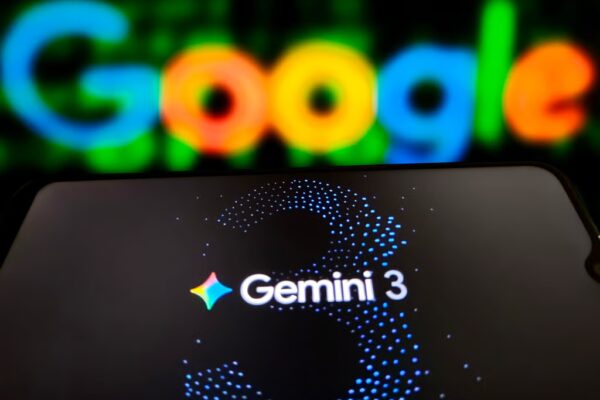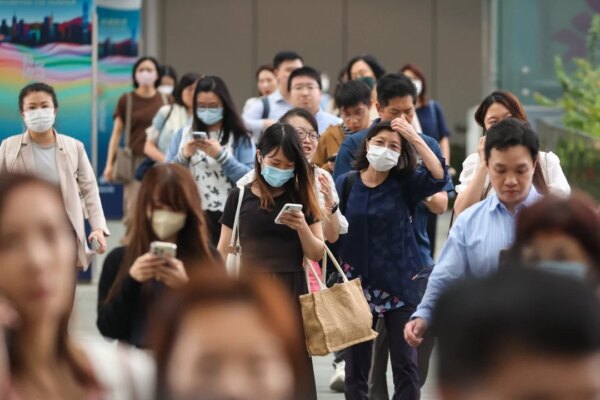
Can Hong Kong’s 4.8 million MPF members repeat record gains in Year of the Horse?
The Year of the Horse is set to bring volatility for the investments of Hong Kong’s 4.8 million Mandatory Provident Fund (MPF) members, following a record-breaking Year of the Snake that ended on Monday, according to analysts. The next zodiac year, which begins on Tuesday, is the seventh in the Chinese lunar calendar’s 12-year cycle,…







